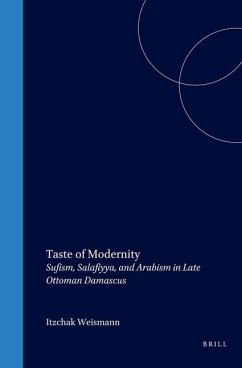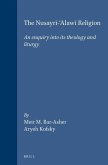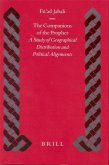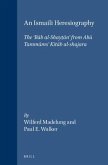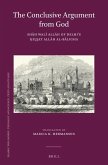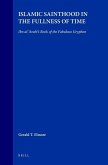Modernization in the Muslim world was determined by the two interrelated processes of indigenous state formation and European economic penetration. These drove governments to enlist the orthodox and the masses in support of the consolidation of their central authority, and religious reformers to seek, partly through Western devices, checks on their autocracy. Concentrating on late-Ottoman Damascus, a focal point in the modernization of Islam in the Arab world, this study analyses the conceptual and social evolution among the three consecutive reform trends of the period: the Kh?lid? branch of the Naqshbandiyya order, the Akbar? interpretation of Ibn 'Arab?'s theosophy, and the Salaf? adaptation of Ibn Taymiyya's teaching. Through these reform trends, the study traces the emergence of modern Islam from its pre-modern Sufi reformist tradition. It also examines the relationship of Islamic modernization to the rise of Arab nationalism.
Hinweis: Dieser Artikel kann nur an eine deutsche Lieferadresse ausgeliefert werden.
Hinweis: Dieser Artikel kann nur an eine deutsche Lieferadresse ausgeliefert werden.
